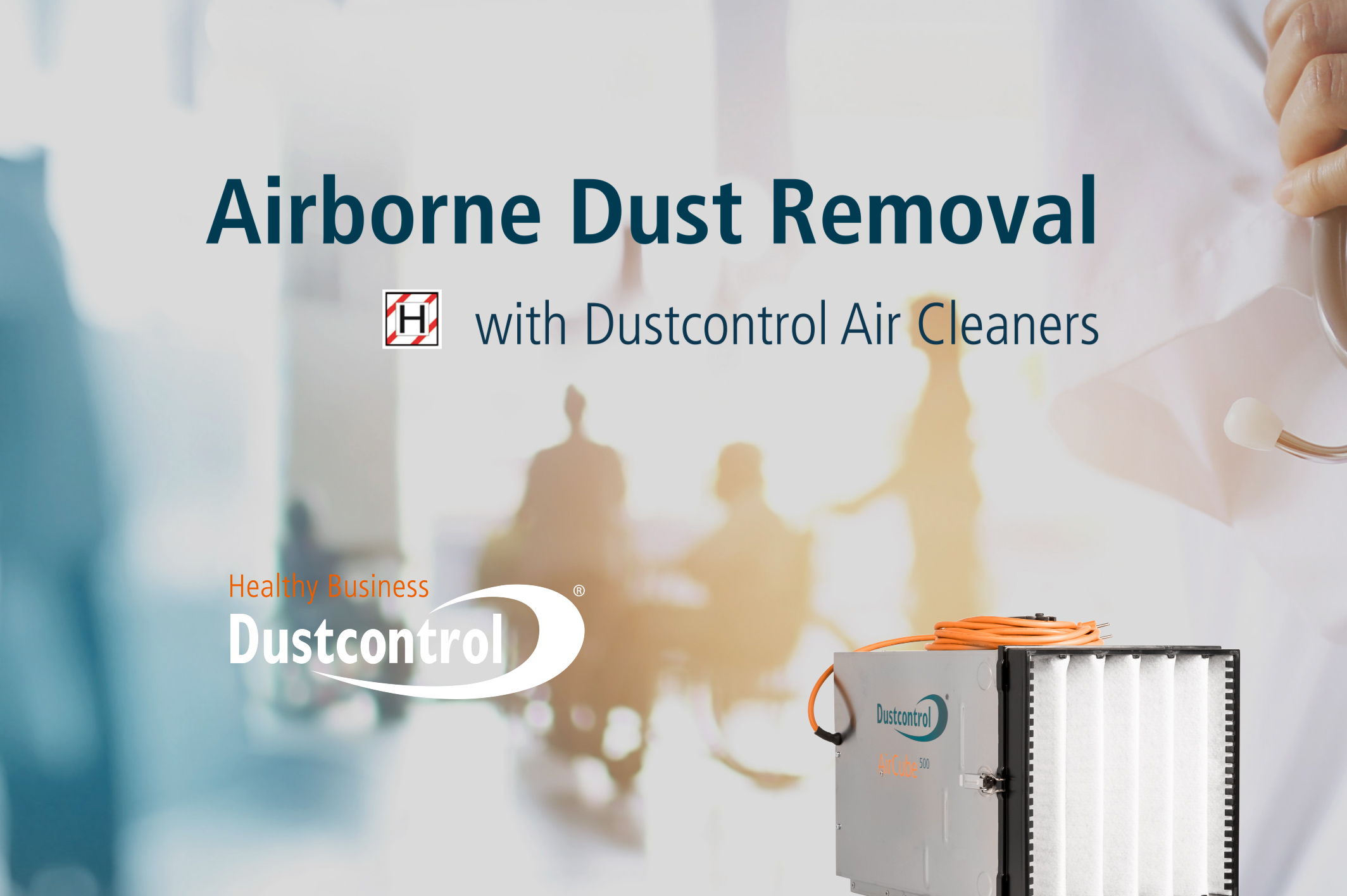Since its outbreak in China last year, the coronavirus pandemic has swept rapidly across the globe, closing borders, restricting movement of populations, shutting businesses, and infecting almost 4 million people.
The UK has suffered the greatest death toll in Europe, with more than 30,000 lives claimed by the virus, which has an R0 metric rating of roughly 2 to 2.5, meaning that each new person infected spreads the disease to a further 2.2 people on average.
Virologists have found the virus can be transmitted through droplets when a person coughs, sneezes or talks, and by breathing in air that contains the coronavirus particles. Scientists have found the particles can live in the atmosphere for up to three hours, being easily inhaled into the lungs by those in proximity to someone infected.
In healthcare environments such as care homes and patient wards in hospitals, nurses, carers and other frontline workers operate in the contaminated air and are susceptible to catching the virus through inhalation. Undiagnosed positive patients and a severe lack of PPE have made this already unprecedented situation even more challenging.
It is important, therefore, that the air in these environments is clean and free of any airborne particles to help limit the spread of infection. In accordance with the European Centre for Disease Prevention and Control, in buildings where windows do not open and the ventilation system functions in a closed circuit, high-efficiency particulate air (HEPA) filtration should be used for the recycled air.
At Dustcontrol UK, we are supplying our powerful HEPA-13 filtered air cleaners to healthcare environments including the NHS, having been tested to capture at least 99.95 per cent of particles between 0.15 to 0.3 micrometres. The industrial-strength DC AirCube range comprises of mobile, quiet-running, single-phase, continuous rated motors that have been specifically built to reduce the risk of respiratory problems by filtering air of harmful particles. In addition, to relieve the HEPA filter, the AirCubes are also equipped with a simpler pre-filter (class G3) to capture larger particles.
The European Centre for Disease Prevention and Control also suggests placing temporary HEPA filters over the vents and exhausts in the rooms housing COVID-19 patients, or using a portable HEPA air filtration system placed in close proximity to where the patient is located.
By creating an Airborne Infection Isolation room (AII), or negative pressure environment, where in a well-sealed room containing patients for example, air is HEPA filtered, then exhausted outside by using for example, a portable HEPA filtered air cleaner, the spread of particles back into other areas of the building will be significantly limited.
For further efficiency in AII rooms, and other high-risk areas, HEPA filtered air cleaners can also be used to complement the HVAC system to improve overall air quality by simply recirculating air, significantly reducing the contamination in a room through high air turnovers and high filtration efficiency.
A further and comprehensive guide on how powerful air cleaners can be used to help limit the spread of airborne coronavirus particles can be found in the COVID-19 Guidance report, put together by ASHRAE Technical Committee for Healthcare, and ANSI/ASHRAE/ASHE Standard 170 Committee. It addresses isolation rooms, negative air machines, layered approaches to eliminating healthcare-associated infections, and practical facility and room diagrams that show how and where to use infection control equipment.
Mobile vacuums such as our DC 1800s are also highly effective in keeping clinical environments clean, and can also be used to ensure air is kept free of harmful dust particles through source extraction when building work is undertaken.
 United Kingdom
United Kingdom  Sverige
Sverige  Deutschland
Deutschland  Suomi
Suomi  Austria
Austria  United States
United States  .com
.com  France
France 

 01327 858002
01327 858002
